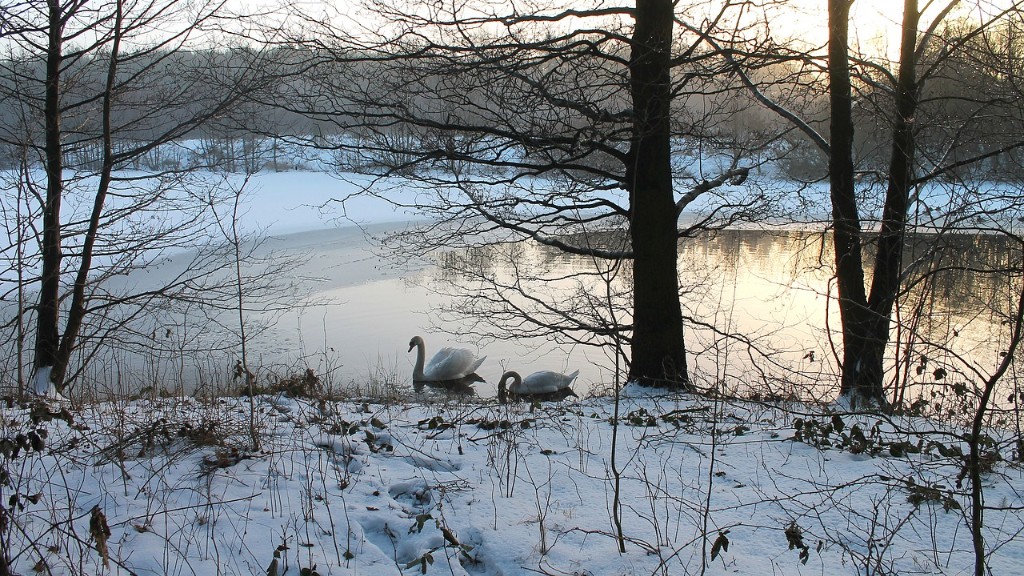What Language Do They Speak in Denmark?
When considering different countries and their languages, one might commonly wonder what language is spoken in Denmark. Danish is the official language of Denmark and the first language of the majority of the Danish people. This article aims to provide background information, relevant data, and perspectives from experts on this linguistic topic.
Background Information
Danish, part of the North Germanic branch of the Indo-European language family, is closely related to Norwegian and Swedish. It traces its roots back to Old Norse, the language spoken in Scandinavia during the Viking Age. Over time, Danish evolved with its own distinct features.
The Danish language has undergone various changes throughout history, with notable influences from Low German, Dutch, and French. However, it has remained highly intelligible with Norwegian and Swedish, owing to the linguistic similarities between the three languages.
Relevant Data
According to statistical data, approximately 5.8 million people in Denmark speak Danish as their first language, while an estimated 15% of the population speaks it as their second language. Additionally, various dialects of Danish are spoken in the Faroe Islands and Greenland, both of which are autonomous territories within the Kingdom of Denmark.
Danish is the language of instruction in schools and universities across Denmark. The Danish government actively promotes language education, ensuring that all Danes have the opportunity to learn and master their native language.
Perspectives from Experts
Language experts argue that Danish is a unique language with its own distinct phonetic features and grammatical structures. It is known for its melodic rhythm and the pronunciation of soft d’s and l’s, which can take some time for non-native speakers to master.
Experts believe that Danish has a strong influence on the Danish identity, functioning as a unifying factor among Danish people. The language plays a vital role in preserving cultural heritage and fostering a sense of belonging.
Insights and Analysis
While Danish is the primary language spoken in Denmark, English is widely spoken and understood throughout the country. Danes generally have a high level of English proficiency, with over 86% of the population speaking English as a second language.
The prevalence of English in Denmark can be attributed to various factors, including a well-developed education system, exposure to international media, and the necessity of English for global communication, trade, and tourism. Consequently, visitors to Denmark will often find it convenient to communicate in English.
Prominent Danish Dialects
Besides standard Danish, several dialects are spoken across different regions of Denmark. Here are four notable Danish dialects:
1. Jutlandic Dialect
The Jutlandic dialect is spoken by people living in the Jutland Peninsula. This dialect has distinct features, such as a flat intonation, elongated vowels, and a pronunciation shift.
2. Zealandic Dialect
The Zealandic dialect is primarily spoken on the island of Zealand, where the capital city Copenhagen is located. It features a staccato-like intonation and soft consonants.
3. Funen Dialect
The Funen dialect is spoken on the island of Funen. It is characterized by its slow tempo, nasal vowels, and the pronunciation of certain words.
4. Bornholmsk Dialekt
The Bornholmsk dialect is spoken on the island of Bornholm. This dialect has its own unique vocabulary, pronunciation patterns, and grammar, distinguishing it from standard Danish.
The Future of the Danish Language
Language experts predict that Danish will continue to evolve while maintaining its core linguistic characteristics. With increasing globalization, the Danish language might become further influenced by English and other languages. However, efforts to preserve and promote Danish culture and language will likely ensure the continuation of Danish as a prominent language within Denmark.




